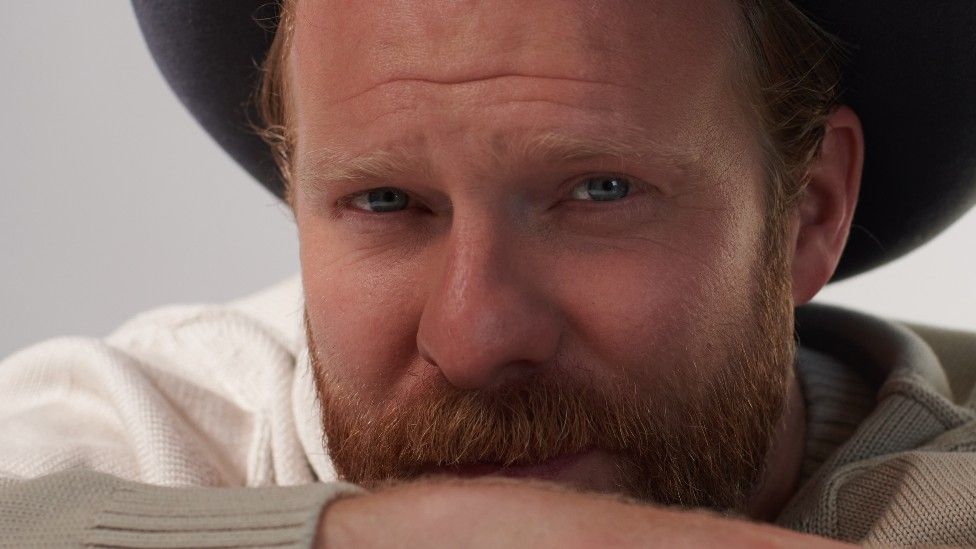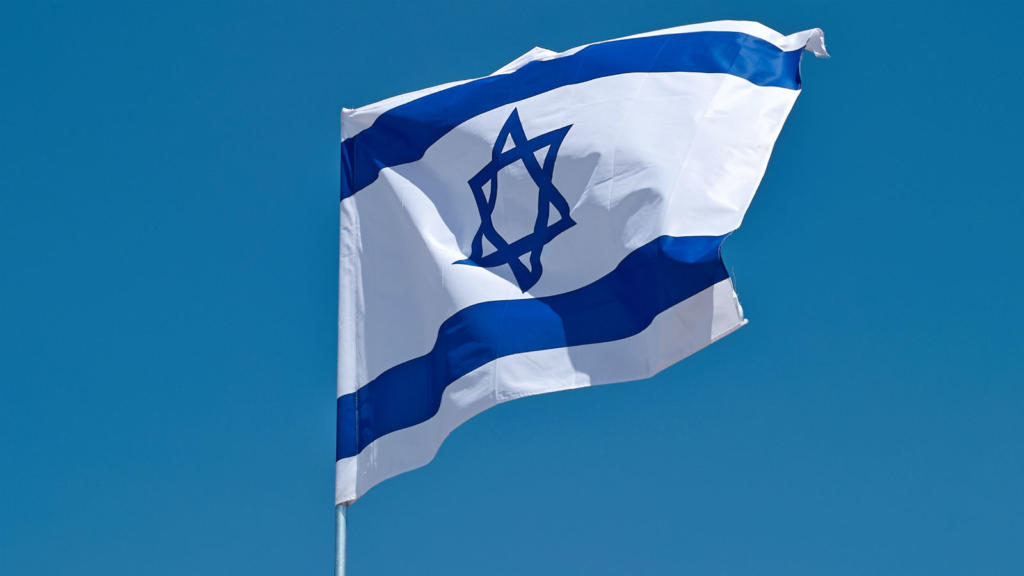July 6, 2025|י' תמוז ה' אלפים תשפ"ה Chukas 5785 - Making an Accounting
Print ArticleIn the midst of a Parsha that deals with a whole slew of important stories, we find a conversation that most of us have likely never stopped to consider all that much.
We are in the 40th and final year in the desert and Am Yisrael is now engaged in conversations and battles with the nations to the East of the Jordan River. And in that context, the Torah tells us a story about a battle between two nations living East of the Jordan:
Because Cheshbon is a city in the country ruled by Sichon the King of the Emori. And he fought with the King of Moav, and defeated him handily.
And continues the Torah:
Therefore, the Moshlim, the poets, say, 'come to Cheshbon and let it be built and established as a city of Sichon.'
And on this unusual last pasuk, the gemara in Bava Basra 78b says the following:
What does the pasuk mean: therefore, the poets say, etc.? The Moshlim refers to the word moshel which means to conquer, those who conquer their yetzer hara, their evil inclination, they should make a cheshbon, meaning an accounting: let's figure out the accounting of the world:
- The loss incurred when one does a mitzvah vs. the reward for the mitzvah.
- What one gains from doing an aveira vs. what they lose out by not doing so.
The point being, presumably, that when one must decide in a given moment, whether to do what we know is right, or to give into temptation and desire, we should take a step back and consider the broader picture. Is this really worth it!?
Rav Avigdor Nevenzhal, the Chief Rabbi of the Old City notes on this gemara, that sometimes we see drashos like this from Chazal, and we say, "wow, that's a very beautiful idea". But if we're being honest, we don't understand what in the world the drasha has to do with the original text!? And he writes, that if we take a look at a maamar chazal such as this and leave it on the surface level, we're missing the much deeper point.
So, what is really going on here? Explains Rav Nevenzhal, as follows:
If one were following the news at the time of Parshas Chukas, the headline after the first pasuk we discussed, the resounding victory of Sichon over Moav, it would probably say something like: "Sichon defeats Moav, and it will alter the face of the Middle East!"
However, if you look at the context of this story, there is a lot more going on here: By the end of the story, it is Am Yisrael that defeats Sichon, and when we do, not only do we take over Sichon's land, but we also take over everything Sichon had conquered from Moav.
And why couldn't we simply wage war against Moav ourselves? There is a separate command that Hashem gives to Moshe later on that the Jewish People are not to wage war against Moav [-- one reason being because Rus would eventually come from Moav]. But regardless of the reason, if Am Yisrael can't fight Moav, the people must have wondered how they would ever conquer their land?
Eventually it becomes clear that the victory of Sichon over Moav becomes the vehicle by which Am Yisrael eventually defeats Sichon and at the same time is able to acquire the land of Moav. But if one were just looking at that moment in time, the victory of Sichon over Moav, one never could have imagined the dominoes which would fall and eventually lead to an incredible victory for the Jewish People.
And, in fact, on the very next pasuk after Sichon's victory, which says Al Kein, therefore, on this victory the Moshlim say "Bo'u Cheshbon", Rashi writes:
Upon seeing this victory, don't take a narrow view. Don't see the headline only of today, rather Bo'u cheshbon: Take a much broader view, a larger accounting of the world. Wait to see what will happen next or know that there may be some greater plan we can't possibly understand. Because Hashem has a much grander plan than how things may seem at this moment in time.
And this, says Rav Nevenzhal, explains the approach of Chazal to this pasuk as well. Because what is the gemara trying to teach us by telling us that Moshlim, those who conquer themselves make a cheshbon? It is talking about the opportunity we have at every moment of the day to determine the eternal value of a mitzvah vs. the ephemeral value of whatever momentary pleasure crosses our path.
It's the opportunity to decide whether we will grab that momentary enjoyment -- the funny story, the easier food choice, more time to relax -- or whether we will choose to think more broadly, beyond the now.
When Rav Nevenzhal said over this idea in 2017, he offered very compelling examples from WWI and WWII, and how we would never have understood that small movements between all kinds of countries would have led to the establishment of the State of Israel. But for those of us living through history right now, we don't need examples from the past. We are living through history at hyper-speed, watching one domino lead to another and another, with more possibly yet to come. The Prime Minister himself said just a couple of weeks ago that "the most important member of the cabinet is siyata d'shamaya (the help of Hashem)".
These moments call out to us to take a broader view of the world -- certainly with regard to the war, but not only with regard to the war, but in our lives in general. They call upon us to be people with a broader vision, to see the world with different glasses, both in how we see Hashem's hand in the world, and how we bring Hashem into our lives.
There is a person I have known for many years who has had some challenges in his life, including losing his job. I bumped into him a few years ago and asked how things were going, and he told me the following: "In my previous job, I had to wake up very early, and it was difficult to find time to put on my tefillin before work, and a lot of times I wouldn't do it. So, the first day after I lost my job, I realized I had more time, so I decided to put on my tefillin and daven shacharis. And I committed to doing it every day. And even after I got a new job I didn't stop, and I've even started davening mincha too! I felt like, even if I couldn't understand why God was doing this to me, He was giving me a wink, so I figured I should give Him a wink back."
Right now, we have no doubt that we are watching Hashem's hand in world affairs. It's obvious to anyone who is paying attention. And moments like these call upon us to be "Bo'u Cheshbon", to make an accounting, not only in terms of how we see Hashem's hand out in the world, but also in how we see His hand in our everyday.




